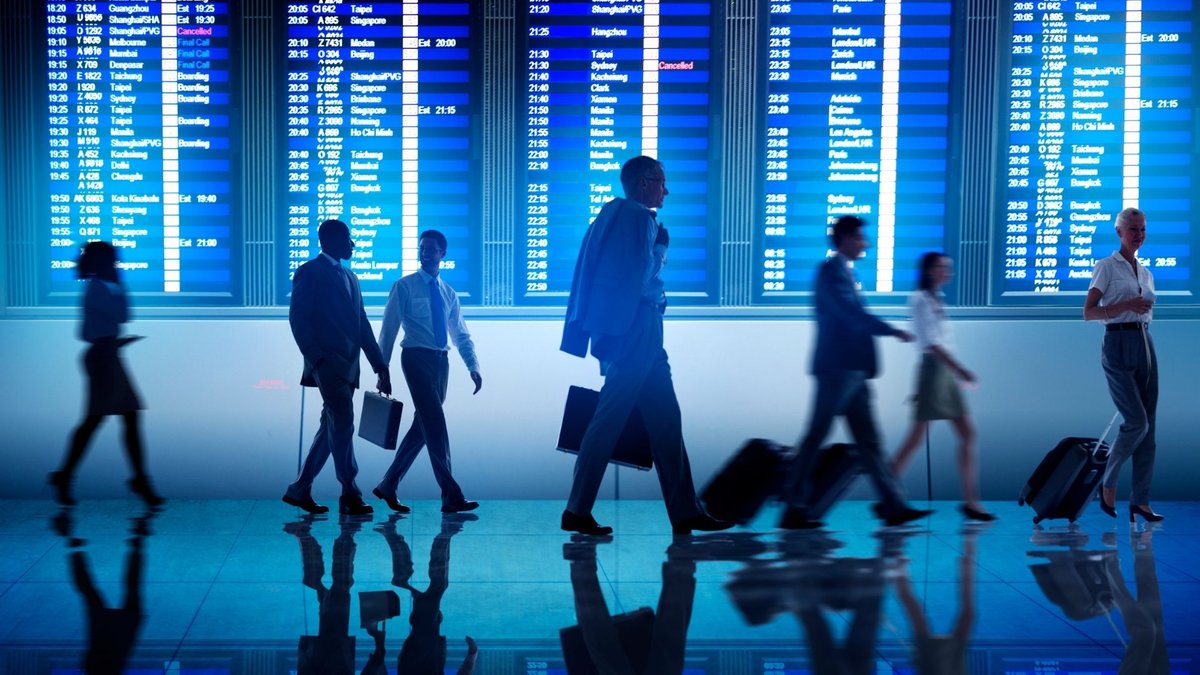Return to Work Doesn’t Mean Business as Usual When it Comes to Travel and Expense
Published by linker 5
Posted on September 17, 2020
5 min readLast updated: January 21, 2026

Published by linker 5
Posted on September 17, 2020
5 min readLast updated: January 21, 2026

By Rob Harrison, MD UK & Ireland, SAP Concur
The last few months have been an exercise in adaptability for businesses across the UK. With the sudden mandate to work from home, company processes that were ingrained in employees’ day-to-day routines were either put on hold or turned upside down. The new office normal now includes virtual meetings, conversing through instant messaging instead of in the hallway, and the redefining of “business casual” attire.
Many of the processes that have undergone changes fall into the category of travel and expense. With most business travel on hold and the nature of expenses changing, finance managers have had to adjust policies and practices to accommodate the new world of work. Recent SAP Concur research found that 72% of businesses have seen changes in the levels and types of expenses submitted, but only 24% have changed their policies to support this. Examples of travel and expense related changes that were made at the beginning of work from home mandates include:
Now, as companies begin thinking about return to work plans, finance managers are discovering it’s not simply business as usual again. SAP Concur research found that many expect finance will return to normal quicker than general workplace practices, but vast majority see the process taking up to 12 months. New policies and processes need to be put in place to accommodate travel restrictions and changes in expenses. While finance managers need to stay flexible as the business environment continues to evolve, spend control and compliance should still be a high priority.
Here are a few questions that can help finance managers prepare for return to work while keeping control and compliance top of mind:

Rob Harrison
What types of expenses are within policy? Prior to social distancing, employees may have been allowed to take clients out to dinner. In-person team meetings held during the lunch hour, may have included expensed lunches. As employees return to work, finance managers need to determine if these activities and expenses will be allowed again. Clear guidelines must be put in place and expense policies need to be updated to reflect any changes.
Once finance managers have asked themselves the questions above and determined how they want to approach travel and expense procedures, it’s vital they create guidelines and communicate clearly to employees. Compliance can only be ensured if employees have a clear understanding of what has and has not changed with travel and expense policies and what’s expected as they return to work.
Explore more articles in the Top Stories category











